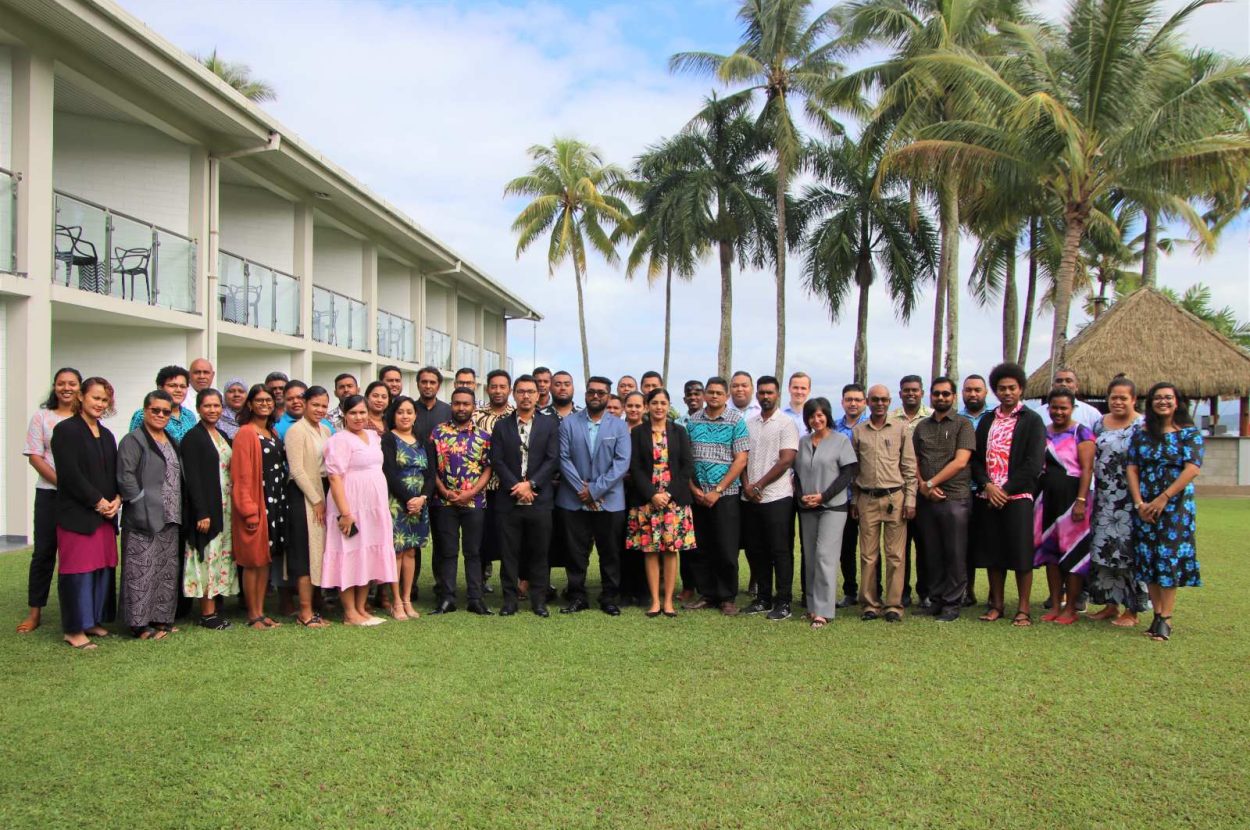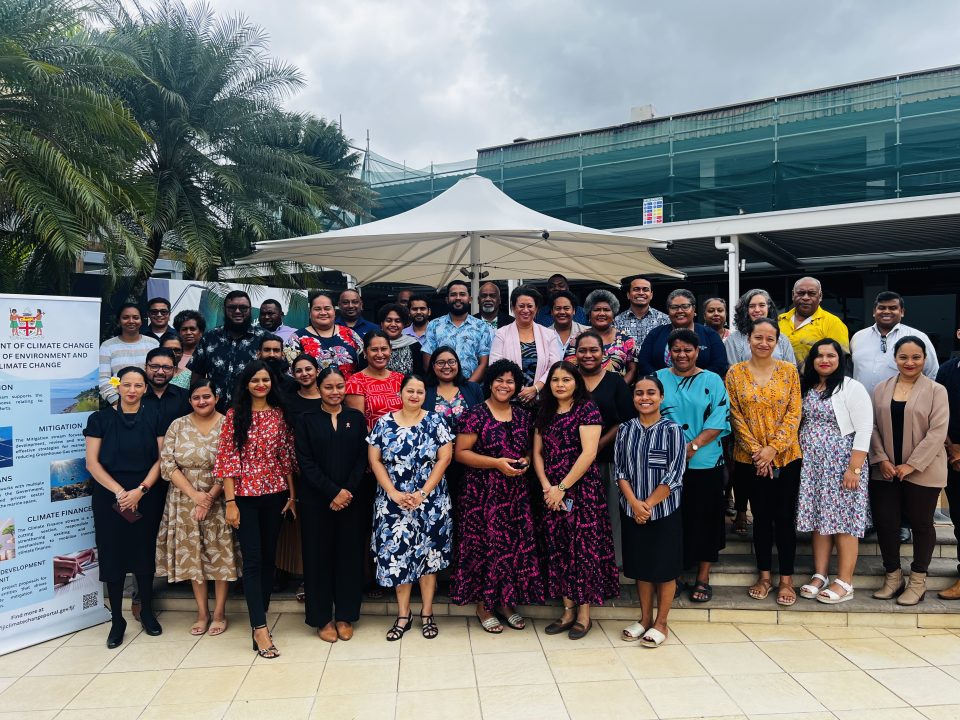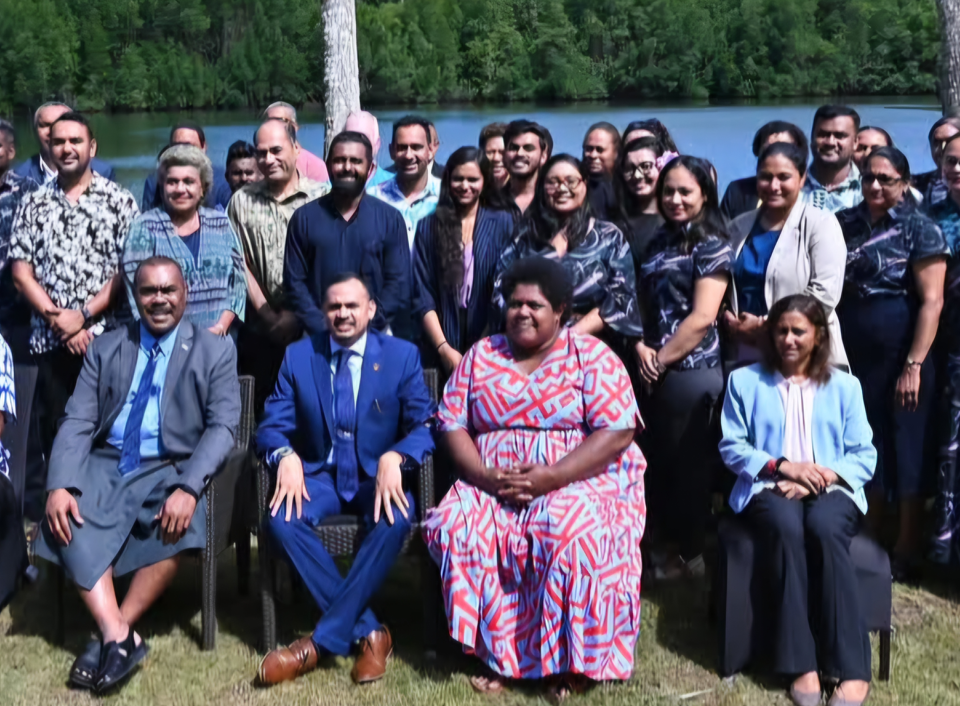
Open SWG Information session on the Upcoming Conference of Parties and Private Sector Engagement
07/07/2023
National Determined Contribution Partnership (NDCP) to provide support for Fiji’s Accreditation and Adaptation Pipeline Development
04/08/2023
The Climate Change Division of the Office of the Prime Minister organized a series of workshops from the 4th till the 7th of July at Holiday Inn in Suva, in relation to Fiji’s National Greenhouse Gas Inventory Report (NIR) which is an integral part of Fiji’s initial Biennial Update Report (BUR) to the United Nations Framework Convention on Climate Change (UNFCCC). BURs are reporting obligations under the Convention and now the Paris Agreement, and is central to the work of the Climate Change Division, in conveying to the rest of the world on Fiji’s national circumstances, contribution to the global emissions and its vulnerability to the impacts of climate change and most importantly the extent of support needed from the international community to endure and mitigate the impacts. The NIR is a compilation of the country’s total greenhouse gas emissions and is one of the major components reported under the BUR to the international community. It is thus crucial to communicate this accurately, transparently and clearly ensuring consistency, completeness and comparability.
The workshop over the week aimed to build the capacity of the stakeholders and primary data providers in understanding the data needs and reporting processes to enable a sustainable process of transparently reporting to the UNFCCC. The workshops began with capacity building sessions for sectors reported under the inventory with the Agriculture, Forestry, and Other Land Use sectors on the first day, the Energy, Waste, Industrial Processes and Other Product Use (IPPU) on the second day, and cross-cutting issues including institutional arrangements, data collections, methodologies for calculations and analysis of key category emitting sectors in the country on the third day. These capacity building sessions led up to the NIR validation workshop on Friday 7th July, represented by the key stakeholders from the Government, Statuary Bodies and the Private Sector. The workshop outcomes therefore were to ensure Fiji conforms to the reporting standards, and monitoring, reporting and verifications systems which are based on country specific data and information.






